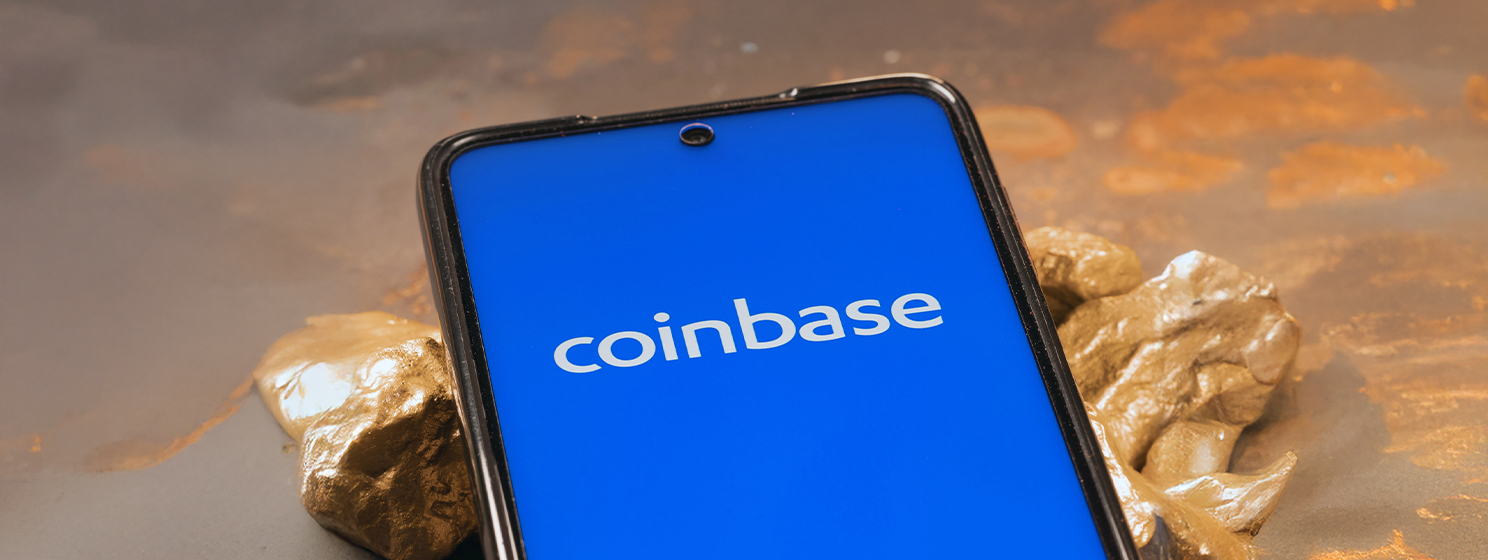|
Getting your Trinity Audio player ready...
|
Coinbase very first ‘crypto’ firm added to S&P 500
Coinbase (NASDAQ: COIN) has become the very first crypto company to be added to the S&P 500 (NASDAQ: SPX). The company is expected to be officially included in the index before the opening of trading on Monday, May 19, replacing Discover Financial Services (NASDAQ: DFS), which is set to be acquired by Capital One Financial Corp. (NASDAQ: COF).
Brian Armstrong shared the news, and markets reacted quickly. Coinbase stock ($COIN) jumped nearly 20% following the announcement. This is primarily because index-tracking funds are required to buy shares of companies that are added to the index, regardless of price, which often drives a short-term spike in demand and subsequently, a spike in price.
Without a doubt, this is a significant milestone for crypto. It’s the first time a crypto-native company has earned a spot in the S&P 500. However, I don’t know if Coinbase‘s inclusion should be celebrated based on how people treat it. It reminds me a lot of when Coinbase went public back in 2021. On its first day of trading, it popped 36% and hit a high of $342 per share. But since then, it has only topped that IPO high on two trading days in its four years of publicly trading. There was hype right out of the gate, but the long-term price action wasn’t sustainable. My concern is that this S&P 500 inclusion might be a similar story.
I’m worried that this event could be the peak of current enthusiasm in crypto markets; a top signal, the same way Coinbase’s IPO was in 2021. Short-term gains are great, but they don’t always point to long-term strength. Sometimes they’re a sign that the best is already behind us.
Coinbase suffers major data breach
Unfortunately for Coinbase, the S&P 500 news wasn’t the only headline from the company this week.
On May 14, Coinbase disclosed that it had been the target of a cyberattack that compromised a significant amount of user data. The attacker reportedly used social engineering tactics to access internal systems, including the company’s customer support backend, by targeting international employees and contractors.
The scope of the breach indicates that the hacker was able to obtain names, email addresses, physical addresses, phone numbers, the last four digits of Social Security numbers, obfuscated banking information, images of government-issued IDs, balance snapshots, transaction history, and internal corporate documents were all exposed. In some cases, the attacker even contacted victims after the breach to try and extort more money, which seems to have been successful in a few instances.
The hacker then demanded a $20 million ransom from Coinbase, threatening to leak the stolen information publicly, but Coinbase refused. Instead, the company is offering a $20 million reward for any information that leads to the arrest and conviction of the individuals behind the attack.According to Coinbase, less than 1% of its monthly transacting users were affected. But when you’re one of the biggest
exchanges in the world, 1% is still a lot of people. The estimated cost of addressing the breach is between $180 million and $400 million, primarily due to the voluntary reimbursements Coinbase says it plans to issue to affected users.
Hacks happen in every industry, and there’s no such thing as a 100% secure system. But this one comes right as Coinbase is being inducted into the S&P 500, arguably making it bad timing. Crypto already suffers from a perception problem, and this doesn’t help. Even if this doesn’t impact Coinbase’s business significantly, it’s another reminder of the unique risks surrounding the crypto space. It is likely to make some potential investors hesitant to buy shares of Coinbase or participate in the crypto space.
Trump family’s Bitcoin mining company is going public
The Trump family announced that its latest crypto venture—American Bitcoin—will go public via a merger with Gryphon Digital Mining, Inc. (NASDAQ: GRYP).
American Bitcoin launched in March 2025, and now, it’s expected to be public before the end of the year. That kind of speed—from launch to public listing in under 12 months—will make it one of the fastest go-public crypto deals of all time.
The merger is a 100% stock-for-stock transaction, and it’s expected to close as early as Q3 2025.
From a business perspective, the move makes sense. BTC mining is capital-intensive. The best chance to stay competitive is to reinvest in the latest mining rigs, cooling infrastructure, and energy optimization. Running a mining operation is much like running a high-powered data center—except your margins are entirely at the mercy of Bitcoin’s price.
Right now, those margins are back in the green. With BTC trading over $100,000 again, miners are finally catching a break. However, a recent report estimated it costs around $80,000 to mine a single BTC, which means even the most advanced operations were cutting it close just a few months ago, and many more were operating at a loss.
The Trump connection adds a layer of complexity to the deal. With Trump’s hands in multiple crypto-related businesses, including this mining company and a reported stablecoin initiative via World Liberty Financial, Democrats are beginning to raise conflict-of-interest concerns that are arguably slowing the rate at which innovation can take place in the industry. They’re arguing that pending legislation that favors the crypto industry, like the GENIUS Act, could unfairly benefit the president’s personal ventures. As a result, several bills that once had bipartisan support are now facing delays or outright opposition due to growing scrutiny.
Watch: Breaking down solutions to blockchain regulation hurdles

 03-03-2026
03-03-2026 




